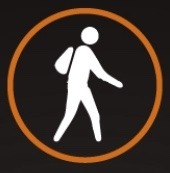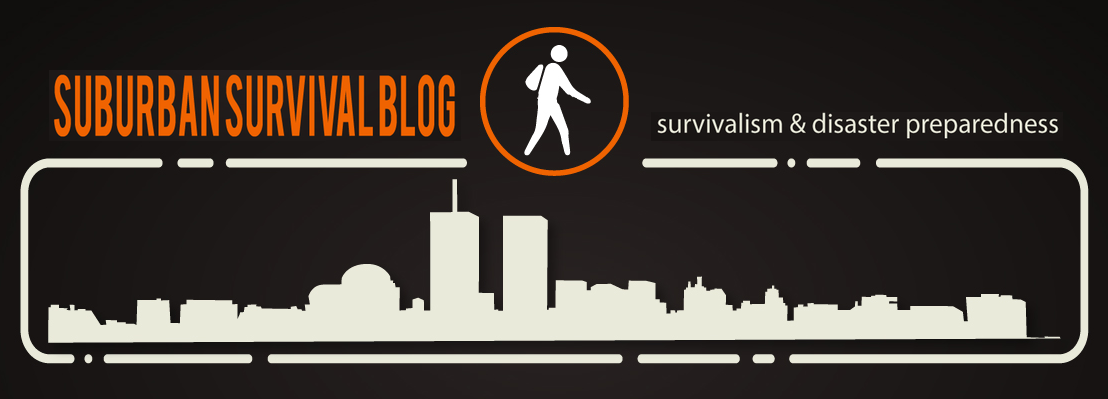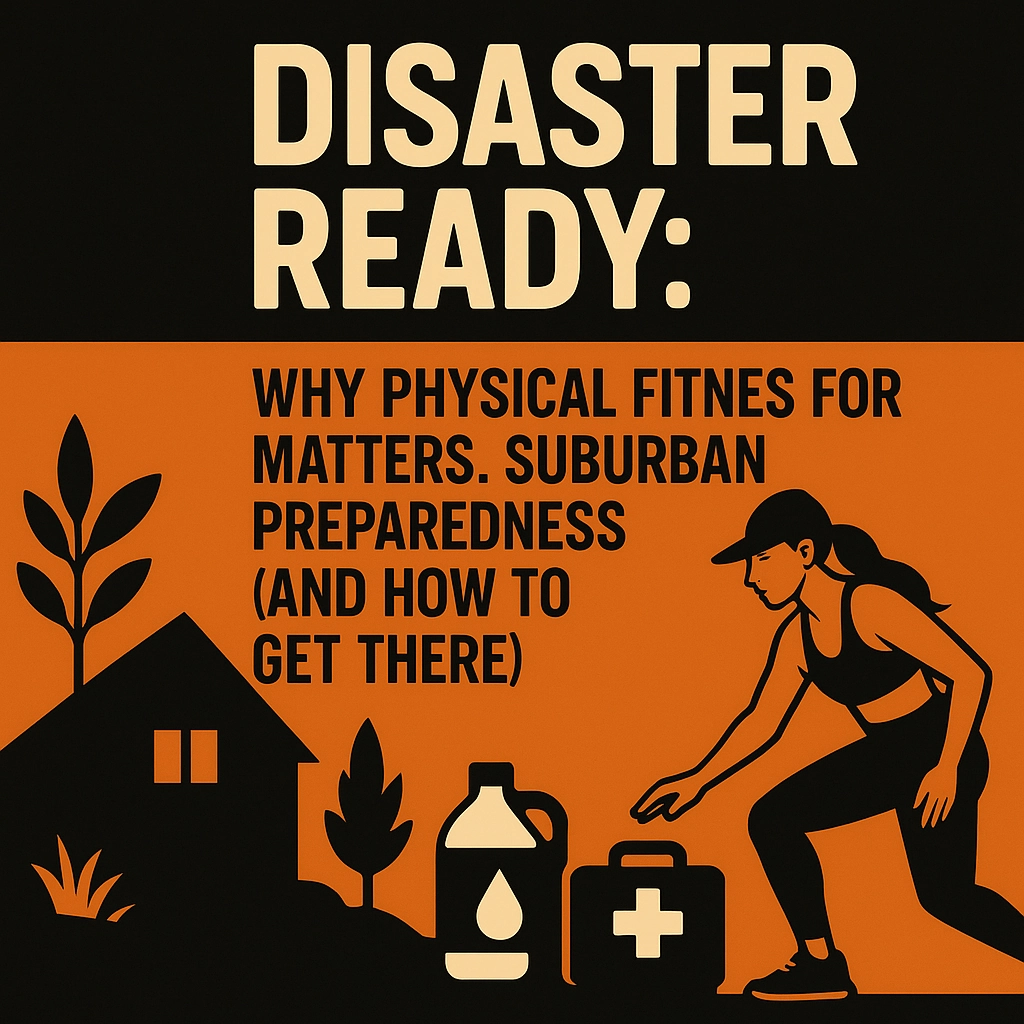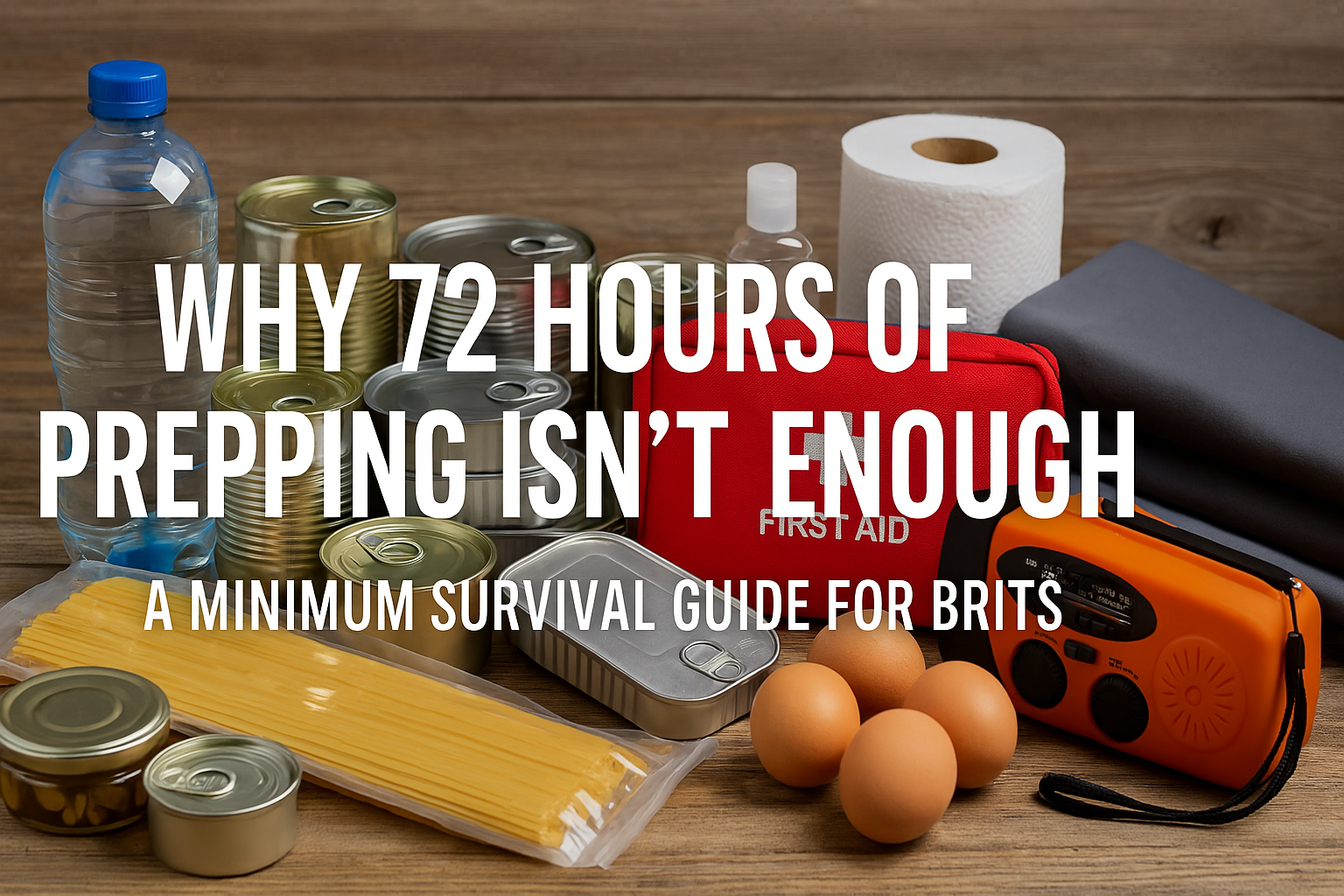 Thanks for scaring me to death… Not really…
Thanks for scaring me to death… Not really…
Back in January of 2010 The SurvivalMom published a post on “The One-Hour Meltdown.” I actually came across this last week for the first time. Not sure how I missed it, but, in trolling her blog, it popped up. She’s right to be scared of this, especially in this economy. Especially if these scenarios are real. If you have not read it yet, you can read the original story at The One-Hour Meltdown by clicking on the link. It outlines what would happen in a banking system shutdown…
This is of particular concern to me because I have no cash stored in my home, with the exception of my change jar that gets unloaded at the change bin at the bank pretty regularly, so there is never a lot of change in it. If the banking system were to shut down, I would be SOL because I also do not have any silver or gold coins at home that might be able to be used for barter or as currency.
It is my opinion that those with cash on hand would continue using it to the point they depleted it, or realized the banking system would not go live again anytime soon, making the currency worthless… Barter and looting would take over. After about four days, most homes would be without food. With no hard currency to process transactions, (wire transfers, ACH, ATMs, etc. would be useless, looted, etc.) there would be no fuel consumption. No fuel consumption means no deliveries. No deliveries, means no food. Nada. For no one.
I wonder how long it would take the power companies and other utilities to shut down operations and serving customers if the banking system went down. I mean, this was the goal of Al Qaeda on 9/11. Shutting down our financial system for six days was a success to them, even though it did not have the intended result that Bin Laden was looking for.
Banking Holidays also pose another personal threat, because of the Patriot Act signed by President George W. Bush with regard to safe deposit boxes. Granted, the rules are written to cover terrorism, but it is so broad, it covers you as well. Here are a couple of resources:
- http://www.sdspec.com/PDF/USA%20PATRIOT%20Act%20Article.pdf
- http://www.ffiec.gov/bsa_aml_infobase/documents/new_6_2006/NUCA%2005RA%2005.pdf
- http://www.laborlawtalk.com/showthread.php?t=100405
httpv://www.youtube.com/watch?v=SuvzTwFZlFM
Conclusion, I am going to start keeping more cash on hand I think. Time to make another plan…









I remember beck in 2003 when we had that massive power outage everything was offline. Credit cards could not be processed (unless the merchant has the old-fashioned thing with carbon-paper), gas pumps weren’t working and a lot of perishable food in stores went bad. Having some cash on hand is smart as is remembering to keep the car’s gas tank at least half-full at all times!
Yeah, I need to keep more cash on hand… People will continue to use it until depleted no matter what. Neighbors will buy food from each other with whatever money they have on them at the time.
Just as a point: 9/11 didn’t shut down the financial system. Banks were still open, cash and other transactions still were available. The stock market took a hit but for many people it was still SOP.
I read SM’s article and the One-Minute Meltdown article.
All too freaky given today’s economics.
But to play Devil’s Advocate:
Some people have been crying this same story for years. Decades even. We’ve had very rough economic times before (anyone old enough here to remember the Jimmy Carter 70’s?). It wasn’t pleasent but none of these resulted in a TEOTWAWKI. Potential, maybe. But it didn’t happen.
To go even further into the relm of the tin foil hatters, for decades certain people have been warning about “race wars” in the U.S. While racial tensions go up and down in the nation, actual warfare has never happened outside of a few [relatively] isolated occurances like the Rodney King LA riot or the NYC Crown Heights riot.
The point is while anything is possible to happen, “possible” and “likely” are to very different things. In a 6‑number lottery it is definately “possible” for the winning numbers to be 1–2‑3–4‑5–6 but such a string is not very “likely”.
A lot of time, energy, mental activity, and frankly financial resources can be spent (wasted?) preparing for a very unlikely event. The argument that it is better to be prepared than not has to be weighed against all that you’re missing life in order to be prepared.
Food for thought.
@Master Po makes great points (as usual!). I think more time needs to be focused on the real potential threats to our immediate lives like personal finances and staying healthy.
2 years of MREs in the basement (for example) do no good if you’re being foreclosed on, or if your blood pressure (for example)is going to end up killing you in two years anyway.
We die of heart attacks, cancer, accidents — not so much total societal breakdown. Do we know basic first aid? CPR? Do we exercise enough and eat better?
A small example of that (I think) was the car break in resulting in the loss of a lot of costly gear. While not your fault, what’s the likelihood of needing to hike from the long-term parking lot to home? Sure, its possible, but likely?
Anyway, I think while this material is very interesting to contemplate, I think some of the time spent prepping for the life-ending asteroid hit might be better spent on the more statistically likely to happen threats.
Take some precautions, but base them on likely situations in your geographic region.
Not busting chops here, just saying that’s how I try to refocus. I think its easier to think about the big but unlikely rather than (for example) that little blood clot in your leg waiting to float up to your brain and drop you.
A good piece of advice I once read was to prepare for the most likely scenario first. Unfortunately, that scenario will not probably involve zombies, race wars, etc. It’ll be more like the loss of a job, a tree hitting the house, fire, etc.
I’d go with Dave Ramsey’s Baby Step 1 of a $1000 emergency fund, and just keep it in cash, stored in places where you can easily access it.